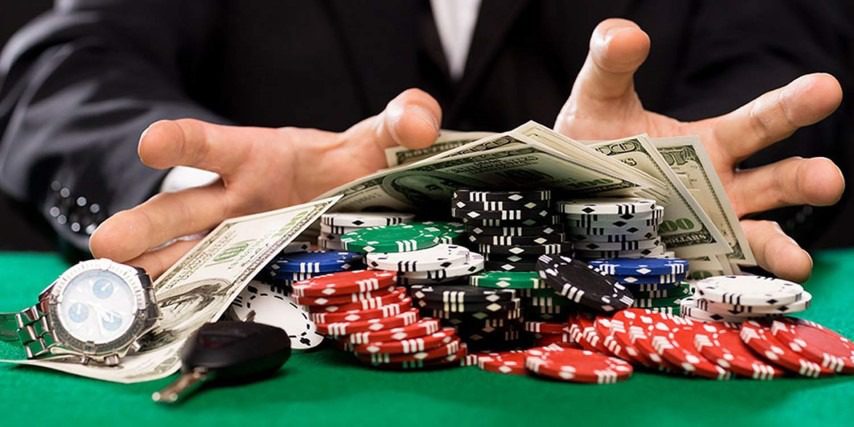How to Beat Gambling Addiction
Gambling addiction is a complex maze of human behavior. The siren call of this activity often evokes emotions and triggers that are complex and deeply ingrained in individuals. While the focus may be on the act itself, understanding the underlying mechanisms that drive this behavior is key to resolving the swirl of emotions that accompany it.
Emotions serve as powerful catalysts in our lives, guiding our decisions and actions. Within the realm of gambling, emotions take center stage. The rush of adrenaline, the thrill of anticipation, and the euphoria of victory create a whirlwind of sensations that can be irresistibly captivating. Yet beneath these alluring experiences lies a complex interplay of psychological dynamics.
The quest for that elusive win often goes beyond the mere pursuit of monetary gain. For many, gambling serves as an escape, a temporary respite from the stresses and challenges of everyday life. It becomes a coping mechanism, offering a fleeting sense of control or the illusion of empowerment in a world that might otherwise seem chaotic or unmanageable.
In addition, the appeal of gambling is intertwined with deeply ingrained cognitive patterns. The intermittent reinforcement of rewards—those sporadic wins—fuels the cycle, leading to an ever-increasing desire to chase that feeling again. The brain’s reward system, driven by dopamine, becomes intertwined with the ritual of gambling, creating a feedback loop that is both self-reinforcing and difficult to break.
Fear of Your Own Anger
Moreover, social influences and environmental factors contribute significantly to the development and maintenance of gambling behavior. Cultural acceptance and normalization, along with the availability of gambling opportunities, further entrench these patterns within our social fabric.
Addressing the complex web of emotions, cognitive patterns, and environmental influences requires a multifaceted approach. This requires a blend of compassionate understanding, behavioral interventions, and support systems designed to help individuals navigate these turbulent waters.
Therapeutic modalities focused on cognitive-behavioral strategies can help reshape thought patterns and foster healthier coping mechanisms. Support groups offer a sense of community, allowing individuals to share their experiences and draw strength from a shared effort toward recovery.
The journey to overcoming gambling addiction goes beyond the act of gambling. It delves deep into the intricate layers of human psychology, emotions, and social influences. By fostering understanding and providing tailored interventions, individuals can begin the path to regaining control and leading a life beyond the alluring allure of gambling.

Keywords: how to overcome gambling addiction, gambling addiction, gambling, gestalt psychotherapy, somatic experiencing therapy, psychotherapist Zagreb, Licensed therapist near me in Manhattan NYC, Affordable therapy services in New York State, Holistic psychotherapy sessions in NYC, Somatic Experiencing therapy for trauma recovery in New York City, NARM therapy in Brooklyn, Licensed couples therapy in Manhattan, Gestalt therapy near me in NYC, Marriage counseling in Queens NYC, Therapy for anxiety treatment in NYC, Experienced psychotherapist in New York, Licensed psychotherapist near me in NYC, Somatic Experiencing therapy sessions in New York, Trauma therapy and counseling in Manhattan, Gestalt therapy sessions in New York City, Therapy sessions for emotional regulation in New York, Trauma therapy near me in Brooklyn New York, Licensed mental health therapist in Manhattan NYC, Depression therapy in New York, New York City therapist experienced in PTSD treatment
*Photo: GettyImages
*Contact: Make an appointment
*For companies: Creative manager
Guilt and How to Process It








